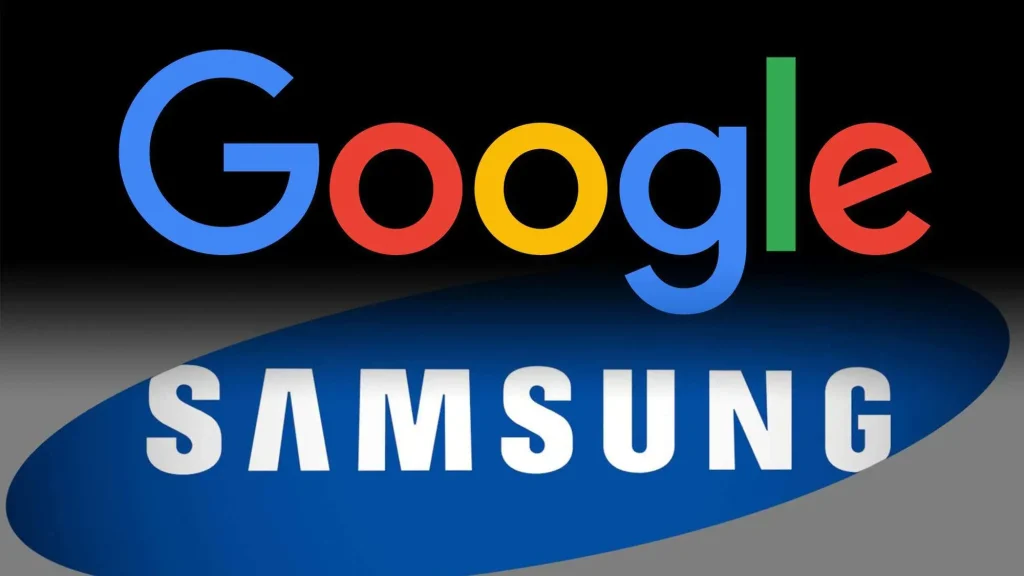Summary
In recent years, Google and Samsung have appeared closely aligned, especially as Samsung’s devices prominently feature Google’s Android operating system.
Their collaboration has led to innovative AI integrations, such as the introduction of Gemini in the Galaxy S25 lineup.
However, recent developments suggest that their relationship may be evolving, leading to speculation about potential rifts.
Signs of a Distancing Relationship
New Opportunities for Samsung
A recent Bloomberg report indicates that Samsung may pre-install the Perplexity AI app on its Galaxy devices, potentially beginning with the Galaxy S26.
This move could see Perplexity integrated into Samsung’s web browser and even Bixby, posing a direct challenge to Google’s dominance.
If Samsung shifts its focus to Perplexity, it could impact Google’s revenue, particularly from advertising, as users may turn to the new assistant for web searches.
Additionally, rumors suggest that Google’s upcoming Tensor G5 chip will be produced by TSMC instead of Samsung, marking a significant shift away from their traditional partnership.
This transition could lead to improved device efficiency but would also impact Samsung’s chip manufacturing business.
The Case for Continued Collaboration
Mutual Dependence
Despite these signs, it’s important to recognize the substantial stakes involved for both companies.
Samsung holds approximately 20% of the global smartphone market share, making it a crucial player for Google’s Android ecosystem.
Without Samsung, Google risks losing a significant distribution channel for Android devices, particularly in markets where other brands are less prevalent.
Conversely, Samsung has thrived on the Android platform, which has been instrumental in its success against competitors like Nokia and RIM.
While Samsung has its own software in One UI, it relies heavily on Android’s foundational services.
A departure from Google would require Samsung to develop a completely new operating system, a daunting task that could lead to failure without the established services users expect.
A Balanced Relationship
The dynamics between these tech giants can also emulate other industry relationships.
For instance, Microsoft and OpenAI manage to coexist despite competing AI products.
Microsoft’s infrastructure is vital for OpenAI, while OpenAI enhances Microsoft’s offerings.
Similarly, Apple and Google have developed a cooperative relationship over time, with Google paying Apple to remain the default search engine on iOS devices.
What Lies Ahead for Google and Samsung?…The Next Steps
The upcoming Galaxy S26 announcement will provide clearer insights into the future of the Google-Samsung relationship.
If Samsung fully embraces Perplexity as a primary assistant, it may indicate a deeper rift.
However, if Perplexity serves as a complementary option alongside Google’s offerings, business as usual may continue.
While Samsung might experience some financial loss from reduced chip sales, it will still benefit from Google’s hardware, such as Exynos modems in the Pixel 10 lineup.
Overall, I believe Google and Samsung will maintain their partnership for the foreseeable future.
Their relationship may evolve, particularly with a greater emphasis on technologies like Android XR, but the mutual benefits of collaboration should outweigh any strategic diversions.
The tech industry thrives on interdependence, and both companies have much to gain by staying connected.
